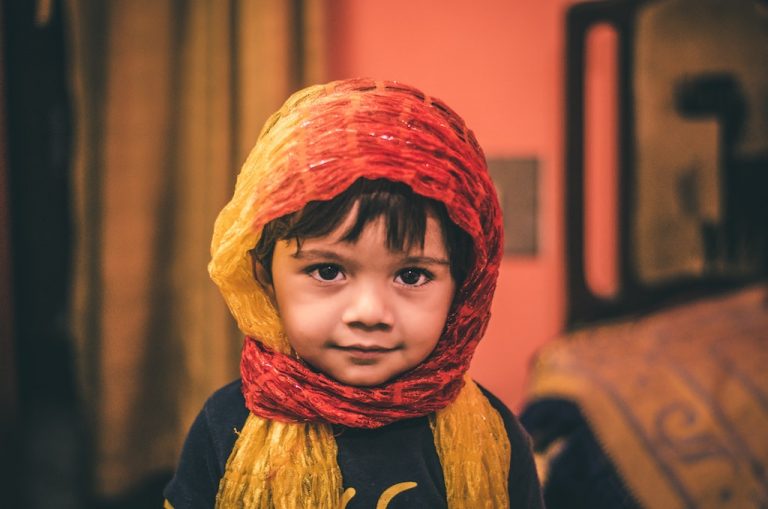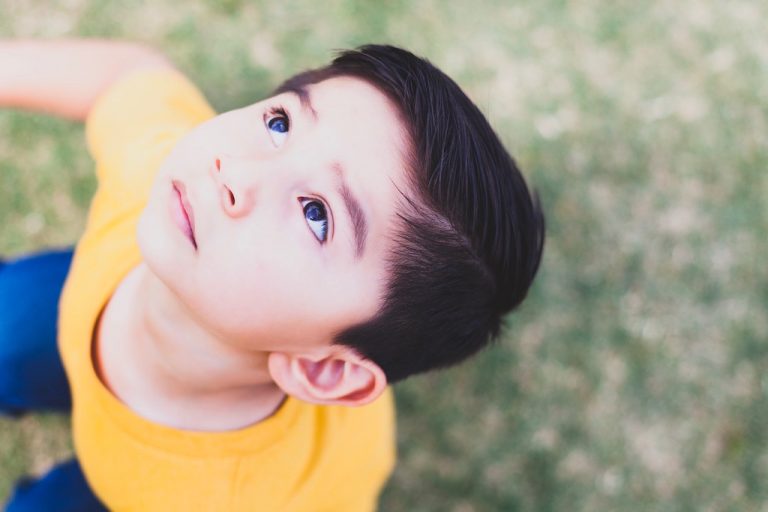SingaporeMotherhood | Preschooler & Up
May 2018
5 Essential 21st-Century Skills every Child Needs to Learn Today

The world is constantly evolving, becoming more complex and fast-changing. In fact, the world that our children will be working in when they grow up will be vastly different from this one. Job scopes will have changed, so will the skills needed to succeed in their work environment.
Not surprisingly, the skills that children will need to navigate their future will be vastly different from what we parents grew up with. They’ll need 21st-century skills, including the ‘C’s — but not ones that we parents grew up desiring.
“It is crucial for children to have strong critical thinking, creativity and communication skills — the three Cs,” — Heng Huey Bin, Head of Service Development (Children & Teens), Public Library Services, NLB.
“As the world becomes more complex and fast-changing, critical thinking will help children focus, question and, most importantly, interpret their world. If we pair it with creativity, children will have the right tools to always stay relevant.
With good communication skills, children will be able to articulate their ideas clearly. All three Cs are important and can help our children navigate the world, both online and off, safely and responsibly.”
These three ‘C’s are part of a set of 21st-century skills that parents should inculcate in their children. Confused? (another ‘C’, hehe) Don’t be. Read on to find out the five essential 21st century competencies your kids should be learning, and how you can help develop them.
The 5 Essential 21st Century Skills for Today’s Kids
1. Self-regulation
What: This covers attention, organisation, self-control, planning, and memory strategies. It also includes limiting distractions presented by mobile phone and social media.
Why it’s important: The ability to self-regulate helps children improve focus and pay attention longer. Children who can self-regulate are are also less distracted, especially by social media and other technology. “They resist impulses and stay on task for longer,” says Dr Natalie Games, a psychologist at Alliance Professional Counselling. With emotional self-regulation, children can manage how they express and experience emotions. Cognitive self-regulation helps children to follow rules and plan appropriate actions according to the situation; they can listen and follow when someone is talking to them.
How to develop it:
- Be a good role model of self-regulation yourself.
- Support your children’s learning in constructive, positive and collaborative ways. Let your child have after-school activities such as sports and enrichment (not tuition).
- Brainstorm solutions to problems or questions together.
- Ensure your child sleeps the appropriate amount of hours for their age.
- Give your child a varied, balanced diet high in fresh vegetables, fruit, low in sugar and processed foods.
- Have your child exercise regularly.
2. Emotional well-being
What: This includes your child’s sense of self: his self-concept, self-esteem, self-efficacy, locus of control (motivation and personality), happiness and coping skills (emotion and stress).
Why it’s important: Emotional wellbeing influences children’s ability to function in and with society. It plays an important role in children’s effective interactions with peers and their environments and in the development of happiness, determination, positive self-esteem and capacities to love, work and play.
How to develop it:
- Dedicate quality one-on-one time for each of your children. This helps to open the line of communication between parent and child.
- Let them make decisions.
- Allow them to plan the day or activities to do during the time have together.
- Listen to them, ask questions, allow them to be the experts too.
3. Creativity
What: This skill can be taught, nurtured and increased through curiosity and imagination in play.
Why it’s important: Creativity is the heart of problem-solving – the more a child can be creatively competent, the better able they are to solve problems, both in their personal and work lives.
How to develop it:
- Make a movie together – write the plot and script, act out the scenes and record it.
- Encourage construction – use reclaimed, recycled products to build a structure.
- Photograph your child’s creation and exhibit it at home.
4. The ability to cope with diversity
What: The world around us us changing fast and in the 21st century cities will become extremely diverse places. There will be all manner of people, be it race, class or nationality, living side-by-side. Generational differences will also be wider.
Why it’s important: “Children should be exposed to as wide a range of people as possible. This can help them learn the value of diversity, the community lessons from each people group, and if they are old enough, to also learn why certain groups of people are resistant to others,” says Mr Tong Yee, Council Member at Families for Life, and Director/Co-founder of The Thought Collective. “This is an invaluable introduction into societal complexity and Singapore has great opportunity for this.”
How to develop it:
- If you can, bring your children to events and places where they can meet and interact with people of different races and abilities. Mr Tong brings his children to volunteer at disability homes and elderly homes. He also encourages them to play with children from different backgrounds. This helps them to develop values of respect, openness and compassion. “They always tell me what value or learning they got from meeting people different from themselves,” he shares.
5. The habit of asking “Why?” (Critical thinking)
What: Information sources and all manner of perspectives and even untruths are circulating around us these days. Social media makes discerning real from fake news challenging. In addition, it makes every person with a social media account a broadcaster. The power that technology endows us with can be used for good. However, in the wrong hands, it can be damaging.
Why it’s important: “Children need to be trained to be critical thinkers and develop discernment from a young age,” said Mr Tong. “Critical thinking helps them not only with discourse, but also creativity, developing resilient values, and being able to hold multiple tensions.”
How to develop it:
- Watch the news together. “We started doing this when the children were quite young as I believe that with proper guidance, children can understand pretty complex issues,” Mr Tong shares. “Now they often ask me why events happen, what the source is, and how we can resolve the issues.”
Develop 21st-Century Skills Now
In conclusion, competencies that your children will need for the future are a mix of old and new skills. Teach them the values that you grew up with, but guide them to develop 21st-century skills — good communication, organisation and planning skills, exposure to technology, the ability to think critically, and global awareness — as well.
These 21st-century skills can help them succeed beyond academics, and give them a better foundation for the future world.
Header image: Alexandre Chambon on Unsplash
Featured image: Savannah Boller on Unsplash
All content from this article, including images, cannot be reproduced without credits or written permission from SingaporeMotherhood.
Follow us on Facebook, Instagram, and Telegram for the latest article and promotion updates.








